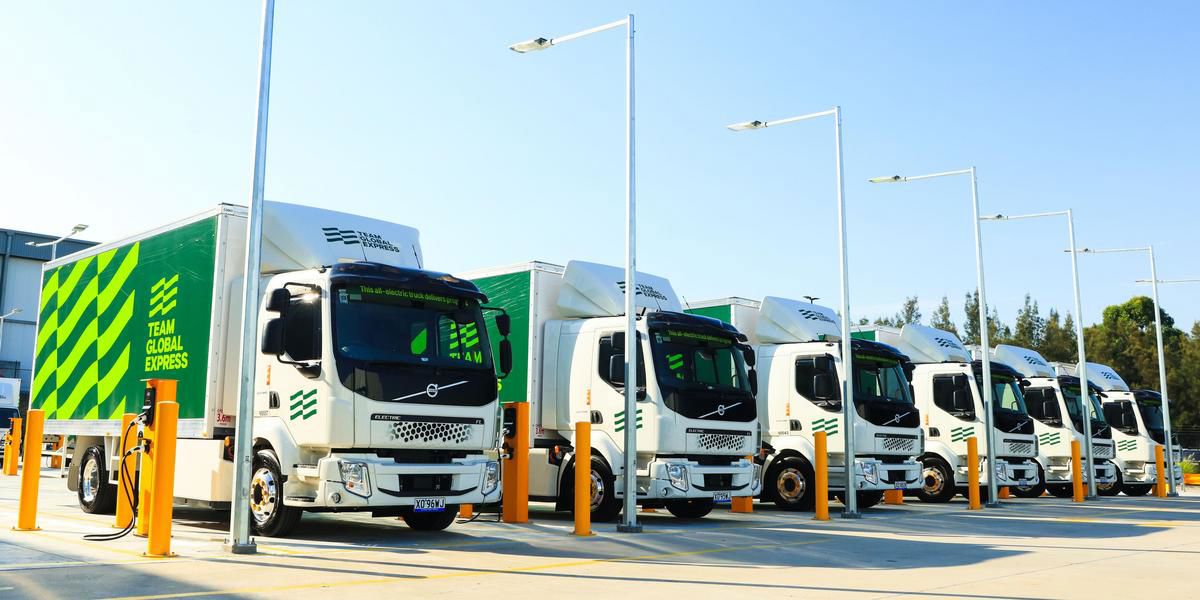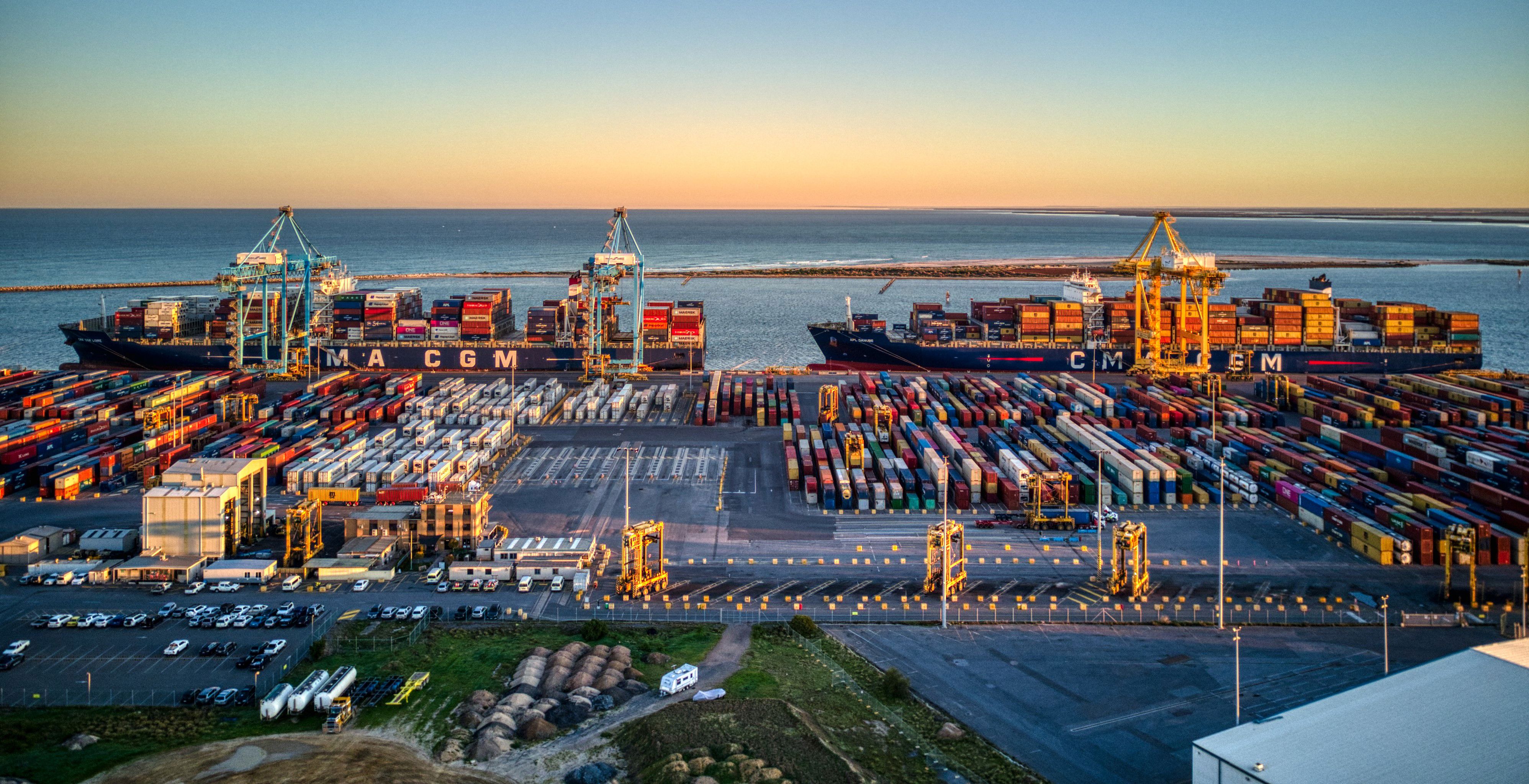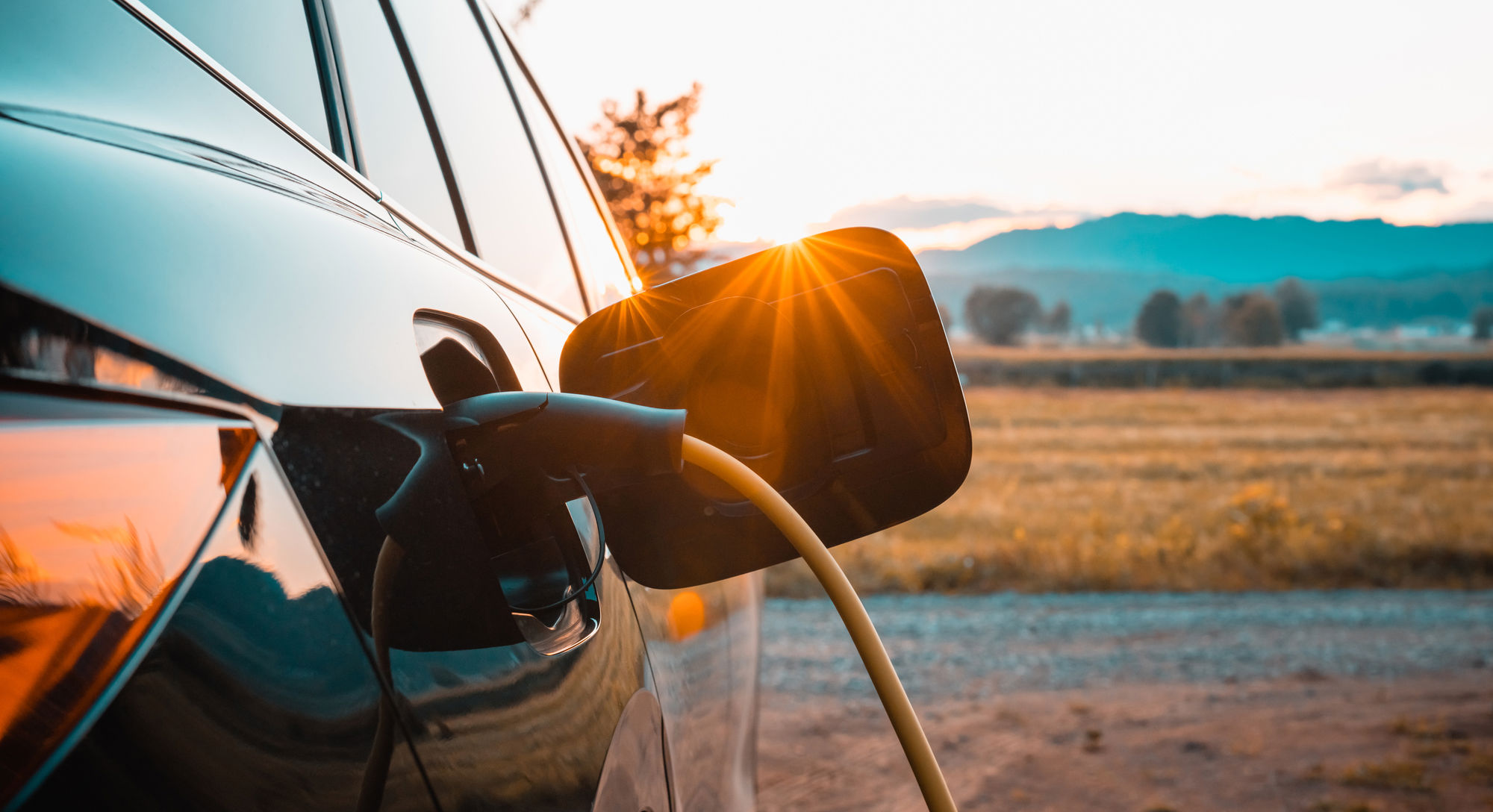
Team Global Express accelerates fleet electrification
Driving down national transport emissions
One of Australia’s largest multi-modal transport and logistics operators is adding cleaner, greener electric vehicles to its fleet to make significant inroads into the emissions of heavy transport – one of the hardest sectors to abate.
$30 million
CEFC commitment
300+ assets
air, road, rail and sea
Targeting
heavy transport emissions
As a key industry player in this sector, the leadership demonstrated by Team Global Express to decarbonise its business has the potential to significantly accelerate the uptake of electric trucks in Australia, setting an example for other freight, logistics and fleet businesses to support the take up of battery electric vehicles.Rory LonerganCIO - Infrastructure and Alternatives, CEFC
Our investment
Team Global Express will use low-cost finance to bring an unprecedented number of new electric trucks onto Australian roads to help drive down national transport emissions.
The major transport and logistics operator expects to deploy more than 300 assets, including light, medium and rigid battery electric trucks, courier vans, hybrid refrigerated trucks and mobile charging unit infrastructure across Melbourne, Sydney and Queensland over three years. The deployment is also expected to support Team Global Express customers in reducing Scope 3 emissions associated with transport.
The CEFC has committed $30 million as part of a broader $190 million lending facility which includes leading Australian and international financiers including Commonwealth Bank Australia, IFM Investors, Daimler Trucks Financial Services, and Income Asset Management.
The CEFC commitment builds on a joint Team Global Express and ARENA Depot of the Future project to assess the impact on fleet management, delivery routing and infrastructure requirements when a large fleet electrifies a material proportion of its operations.
Consumers want lower energy bills and to reduce their household emissions but have been put off by the high upfront costs. Discounted finance will help households overcome these cost barriers, and help unlock faster uptake of energy efficiency equipment, reducing energy bills and accelerating Australia’s transition to net zero.Daniel FoggoPlenti CEO
OUR IMPACT
An urgent need for focus on heavy vehicles
Heavy vehicles make up approximately four per cent of the road vehicle fleet but they account for 25 per cent of all road transport fuel consumed in Australia1, with light commercial vehicles, trucks and buses accounting for around eight per cent of Australia’s total greenhouse emissions.2
We know that international jurisdictions are already moving to electrify their vehicle fleets. As a nation heavily reliant on logistics and heavy transport, we face an urgent need to decarbonise our transport supply chain network to ensure we don’t get left behind globally. Freight and logistics play an essential role in the everyday life of all Australians, and our economy depends on transport to keep it moving.Ian LearmonthCEO, CEFC
Making inroads on decarbonisation
The CEFC is working to make significant inroads into the emissions profile of heavy vehicles, which are traditionally considered hard to abate. Finance for Team Global Express is helping lower upfront vehicle costs - one of the significant barriers to the wider take up of electric trucks.
Upfront costs of electric trucks can be double the cost of diesel equivalents.3 However, the electrification of articulated and rigid trucks could save Australia some $233 billion in costs associated with air pollution, greenhouse gas emissions, noise and water pollution by 2050.4
Other CEFC commitments to support the electrification of vehicles include:
- Australia’s first electrified bus fleet
- Increasing EV infrastructure with JET Charge
- Working with co-financiers to provide EV loans to small businesses and consumers.
2. Department of Climate Change, Energy, the Environment and Water, Australia’s emissions projections 2023
3. Electric Vehicle Council, Electric trucks: Keeping shelves stocked in a net zero world, 2022, p16.
4. Deloitte, Australian Conservation Foundation, Local community benefits of Zero Emissions Vehicles in Australia, 2021, p6.




